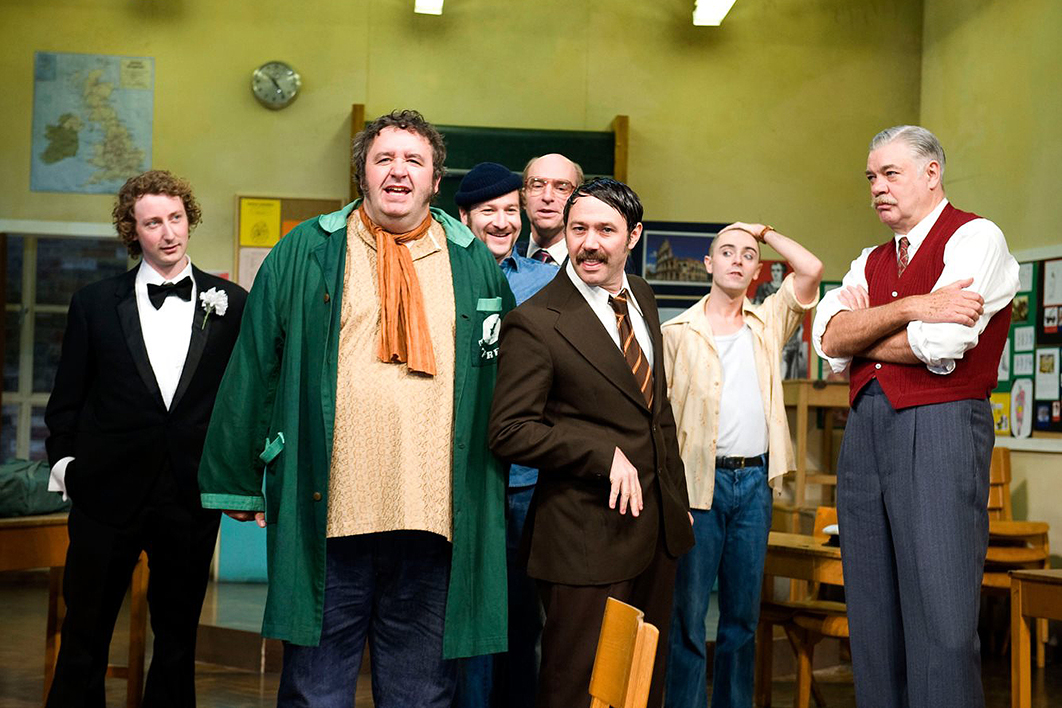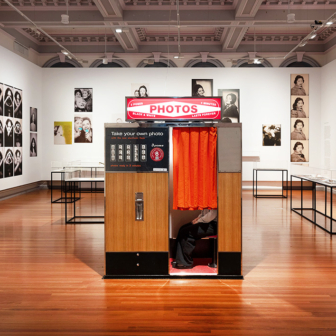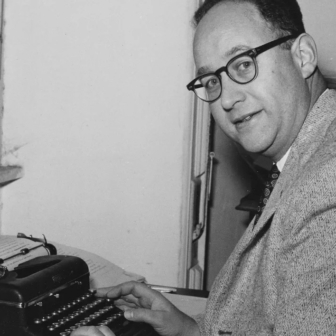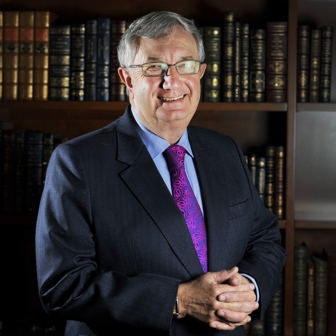Humour
By Terry Eagleton | Yale University Press | $37.99 | 224 pages
“They laughed when I told them I wanted to be a comedian,” stand-up comic Bob Monkhouse once told his audience. “Well they’re not laughing now.” However many times I read those lines they still make me laugh, but working out exactly why is another, more complicated matter.
Monkhouse’s two-liner is a fitting epigraph to Terry Eagleton’s Humour, an enquiry into the labyrinthine question of what makes us laugh. The distinguished literary critic and cultural commentator navigates through this minefield with elegance, skill and quite a few good jokes to break up the journey. He is open-minded about what is funny and what is not, and equally open-minded about the many theories that seek to explain humour. In the end, though, he decides that the incongruity theory is “the most plausible.”
Incongruity is admittedly a big tent — it contains disparity and dissonance and disruption and bathos — and ambiguity, as Eagleton points out, is also a form of incongruity. No doubt it can be argued that irony is too. Common to all the best jokes that exemplify the theory is a moment of delay — it can last from a nanosecond to what seems like forever, depending on how on the ball we are — before the incongruity clicks and we get it. That’s how we experience Monkhouse’s joke about an audience that is both laughing and not laughing.
In many ways “incongruity” seems exactly the right word for the moment we are living in, which perhaps helps to explain why comedy is currently riding a wave. In fact, once you start looking, incongruity is everywhere, fuelled by the information revolution and its capacity to generate contradictory evidence or an opposing opinion about just about everything.
In the face of this dissonance and disruption, it’s tempting to double down, ignoring or blocking anything that disputes our preferred view. But comedy, with its reliance on contradiction and incongruity, offers another way of dealing with situations that otherwise seem immune to resolution. We can acknowledge the contradictions, and laugh. Which is all well and good, but can comedy actually change anything?
Eagleton is clearly attracted to the idea of comedy as a form of reconciliation, of people as well as contradictions. Jokes give us pause, inviting us to take another look, both at others and, often, at ourselves. Wit dissects and potentially disarms. Humour, “if it can censure, debunk and transform… can also dissolve essential social conflicts in an explosion of mirth.”
But as Eagleton’s reference to that rather temporary-sounding “explosion of mirth” implies, just how long conflict dissolves for depends very much on its nature and intractability. Humour may unite, but it can also divide. You might find that joke funny, but I don’t. The language of comedy can just as easily be used to shut out alternative views as to admit them, and getting it or not getting it can be regarded as a clincher in any ideological dispute. They get it, as we say approvingly of the people who agree with us, and the others just don’t get it.
Whether comedy unites or divides is very much a live issue. Every so often a small storm erupts when a comic is accused of going too far, by advocating violence perhaps, or mocking the vulnerable. But what does “too far” mean when comedy, or a characteristically contemporary version of it, thrives on exaggeration and excess? These small storms are nevertheless significant, not so much in themselves but because they go to the question of context. What may be funny in one setting is not necessarily funny in another.
The problem today is that context has become rather more free-floating than it once was, in line with the unstoppable blurring of public and private. What may be funny between friends or colleagues is not so funny when the video is posted on YouTube. A joke can provide “a brief vacation from the oppressiveness of everyday meaning,” as Eagleton puts it, but if given a public life beyond the private moment it can seem callous and cruel and unfunny in the extreme. Black humour, for instance, a source of much-needed if momentary relief for those toiling on the front line of life, doesn’t generally withstand wider scrutiny.
Much is now made of how offence, allegedly anyway, is more easily taken. New sensitivities, or old ones more confidently expressed, are said to be hobbling the practice of comedy and circumscribing what it is possible to make jokes about. Some will argue that this tide of sensitivity must be resisted — that the best comedy should cross boundaries, and if it isn’t offending somebody then it isn’t working.
Eagleton seems to see this as the trickiest issue of all. It may be that the whole sensitivity thing is exaggerated, but even so, what if the “solidarity of the audience” — all laughing as one at the comedian on the stage — depends on the knowledge or indeed the hope that others outside the circle will be hurt or shocked or outraged? There is no shortage, for example, of online clips showing audiences falling about at the hilarity of the Holocaust.
Then again, the audience for comedy is often made up of people who are moving along with their society in the direction of a more sympathetic (indeed more sensitive) approach to difference, whether of gender or ethnicity or species, and their ideas of what is funny are changing too. If we accept, for example, that animals have feelings, then a creature trained to ride a bicycle is no longer funny, or at any rate not as uncomplicatedly funny as it once was.
Whichever way you look at it, the question of what is or isn’t appropriate to laugh about is ultimately political. In his final chapter, “The Politics of Humour,” Eagleton zeroes in on Trevor Griffiths’s 1975 play Comedians, which is set in an evening class of aspiring comics taught by a retired professional, Eddie Waters. Through Waters and his students, Griffiths tackles questions that anticipate current preoccupations. If the objective of comedy is to be “transformative,” to encourage the audience to view the world, and themselves, more sympathetically, then comedians, according to Waters, must have the courage to look at themselves rather than to go for the easier laughs that come from mocking others. Noble thoughts, but as Griffiths demonstrates and Eagleton allows, “there is no easy opposition between humour as transformation and humour as vilification.”
The current climate of uncertainty over what it is legitimate to joke about may impose constraints, but, like many constraints in art, those restrictions can lead to new creative directions. In the world of contemporary stand-up, some of the most successful practitioners have responded by incorporating a strong line in ruthlessly autobiographical, even confessional narrative to their routines, in effect telling their own stories with jokes, allowing others to see themselves in those experiences or at least to make connections they might not otherwise have made.
Theories of humour have limits, says Eagleton. No study of comedy can ever completely satisfy, because something always slips the net. For the jokes that get away, as it were, the ones that escape categorisation or that we find funny when none of our friends do, or that are funny one day and not the next, or hilarious when told by one person and a damp squib when repeated by another, an endless supply of explanatory clichés can be drawn on, stretching from it’s all in the timing to you had to be there.
Unlike tragedy, as it’s often said, comedy dates, but another way of putting it is that comedy evolves in tune with the times. We instinctively know that a good joke can tell us what is going on in the world more effectively than many a sober tract. That may be why, in the words of the influential comedy producer and director Paul Jackson, whose multiple television credits include The Young Ones and Red Dwarf and who knows a thing or two about comedy, “people follow the funny.” •




